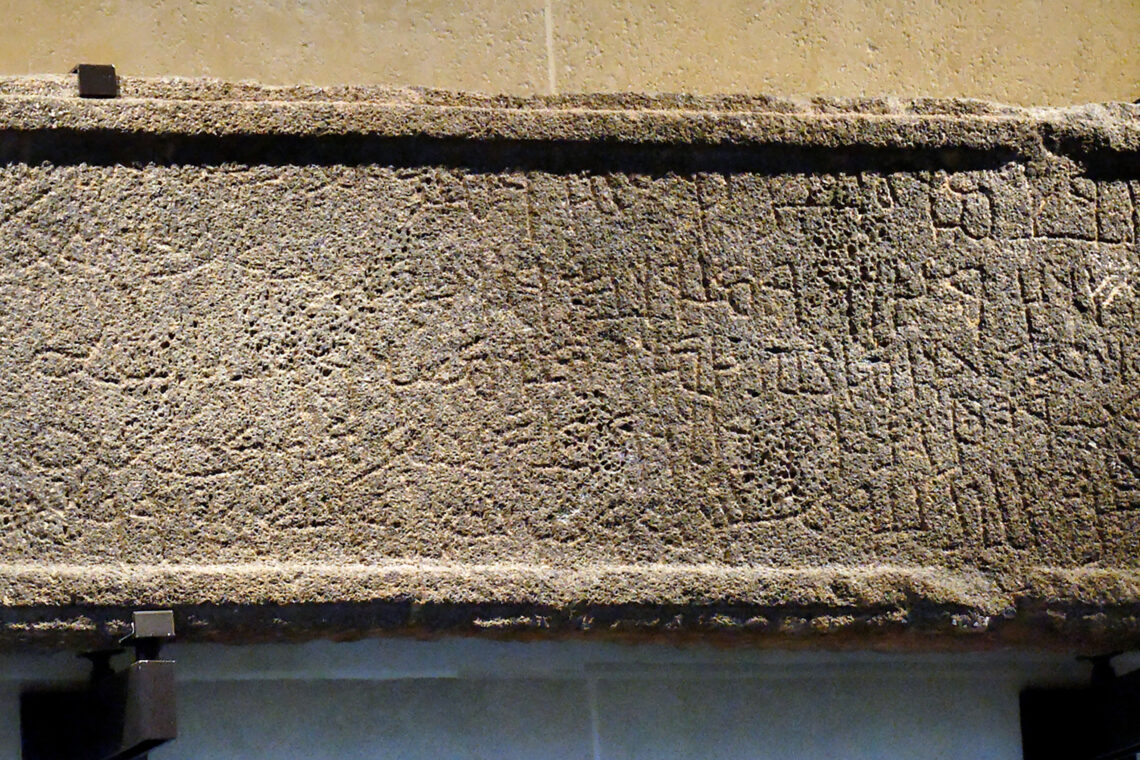Last Friday, a committee set up to study and propose changes in Morocco’s family code—known as the Moudawana—submitted its results to His Majesty. According to the news outlets that reported on this event, the changes proposed look quite conservative. Polygamy was made even more difficult than it is now but it was not abolished. And an adult woman still doesn’t have the right to marry without the consent of her male guardian, a judge, or, in the absence of a male relative, 12 witnesses.
These two items stand out because they show the ways Morocco is paralyzed by a strong conservative mindset. Why not just outlaw polygamy? Slavery is not legal anymore. Interest is the norm in banking institutions. There is agreement that the death penalty should be abolished in Morocco. But not polygamy? What not make it right out illegal and bring closure to this non-issue? (After all, very few Moroccans are polygamous.)
And why can’t an adult woman give herself in marriage without having some man’s approval? This assumes that women are less mature (naqisatu ‘akl) than men, a deeply sexist belief that still prevails in some Moroccan quarters. Do Moroccan men really believe that women are inferior to them? One only need take a look at the U.S. to realize that women are now outperforming men in every academic endeavor, including in the hard sciences. And there are more women in higher education than men. The problem is becoming so serious that college officials are quietly considering some sort of affirmative action for men.
The World Bank also prefers to grant microloans to women instead of men in underdeveloped countries. Studies have found that women are simply better managers of credit. They take care of their own, improve the lives of their families and children, and pay back their debts. Many men simply drink away their loans or, as the case may be, blow them up in smoke.
The same thing is true in Morocco: Women are generally better caretakers of family affairs. They are also catching up with men in education and in the professions, and they simply find it offensive to be treated as second-class citizens just because they are not biologically male. This is an archaic prejudice that must go away. It only gives comfort to men who like to boss their womenfolk around. Without getting rid of this mindset, we will be stuck in the same place for generations to come. All citizens, regardless of race, gender, and belief must have the same rights and obligations. No ifs and buts.
If Moroccan family law doesn’t reflect modern realities, then the solution is not in imposing outdated principles on forward-looking Moroccans but in giving the people a choice in how they want to run their family affairs. Some people say that the Moudawana is a very delicate and volatile issue; but if people were given options, things could work themselves out nicely. Those who want to abide by the provisions in the Moudawana should be free to do so, provided they don’t impose their views on other Moroccans who don’t agree with them. Many Moroccans simply don’t believe that such laws are right and should have the choice to lead their lives under a different legal code. After all, the Moudawana does not apply to people of Jewish and Christian descent, and why should it apply to people of Muslim heritage who simply don’t agree with its principles?
Perhaps the time has come for Morocco to get out of this mess and establish a neutral civil law that regulates family affairs, or at least provide an alternative system for those who don’t agree with the Moudawana. Under this arrangement, people could choose to live by any code they prefer as long as the equal rights of men and women are protected. Men and women should have the same right to divorce, while alimony, custody, and other issues could be based on progressive religious interpretations and basic international standards.
We are spending way too much time and consuming too much effort agonizing over issues that should have been resolved a long time ago. It may be hard for some to believe that women deserve to have the same rights men enjoy, just as it may be hard for some to believe that people landed on the moon. But these are incontestable facts. According to MAP, Morocco’s news agency, 127 out of 6, 024 women who ran for office in last week’s municipal council elections won. Not an impressive number, by any means, but this could be a sign for things to come. To tell these elected officials that they need a male guardian’s permission to marry or a husband’s permission to go to Spain is degrading, oppressive, and primitive.
When a community reaches an impasse over an issue that divides it, the practical solution is always in providing options to the members of this community. This way, people wouldn’t feel compelled to live under a model they don’t like. People could live by any religious or ethical code that makes sense to them. After all, faith is a private affair.
Moroccans need to move forward together in a spirit of tolerance, not slide back to the dark ages. There is little time to waste.




Comments are moderated by the editor and may not appear on this discussion until they have been reviewed and deemed appropriate for posting. All information collected is handled in a manner consistent with our privacy policy.